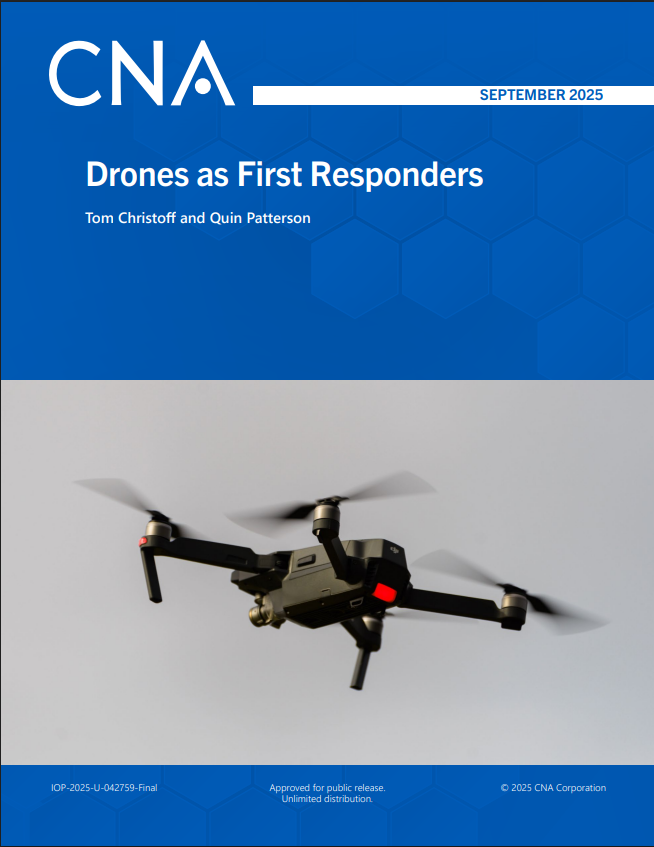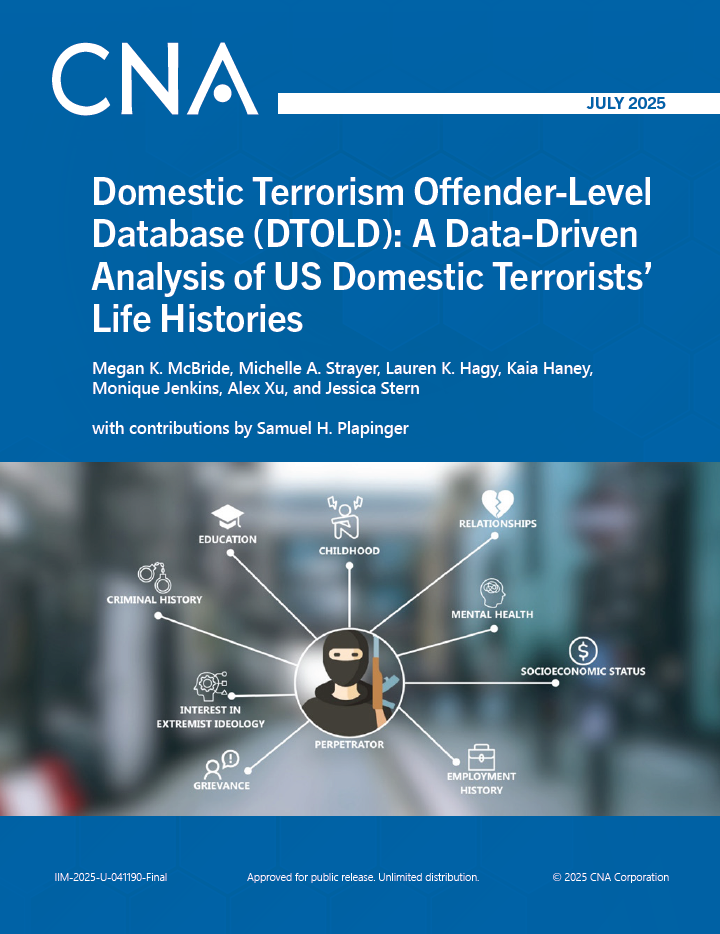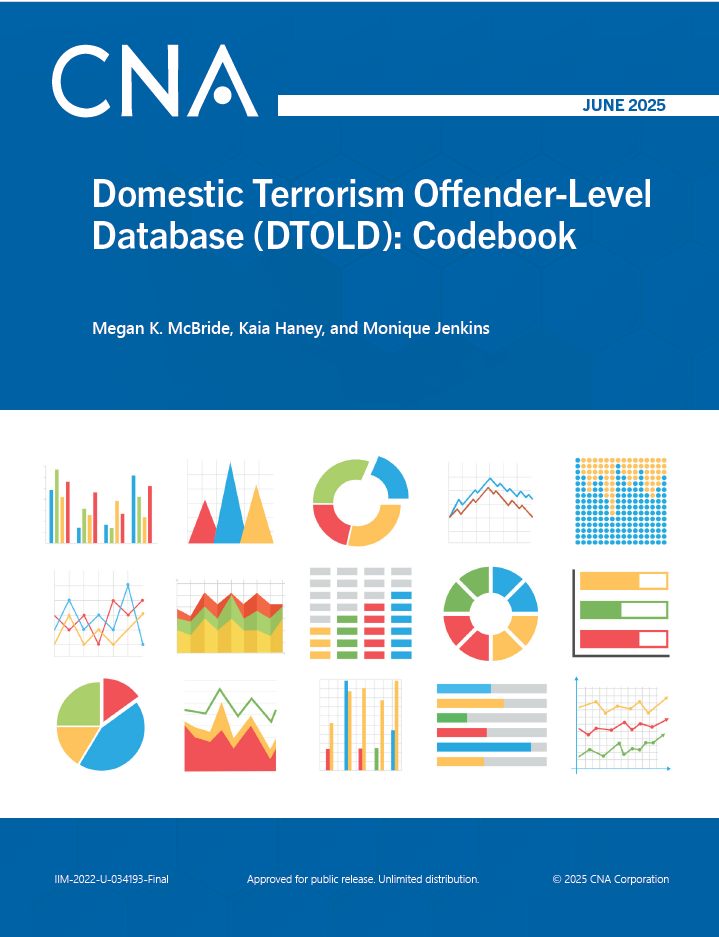Though effective training is an important part of all professions, it is especially crucial for those that include high levels of stress and life-or-death situations—like law enforcement. Accordingly, law enforcement agencies spend considerable time and resources on training—paying recruits to attend police academies, managing field-training programs, ensuring the resources and equipment needed to conduct in-service trainings along with sending staff or soliciting experts for external trainings. Field training is often described as the most important stage in an officer’s career; Time spent with a field training officer (FTO) is vital to a trainee’s career development and helps shapes the culture of an agency.
Recently, American policing has seen a shift in its public perception as a result of highly publicized officerinvolved use of force incidents. Some of the involved officers have been field training officers. Research shows that trainees’ behavior is directly correlated to the field training they receive, with FTOs having a statistically significant effect on subsequent allegations of misconduct brought against trainees. Further, a gap in research exists surrounding the effectiveness of field training practices, the impact of a field training officer on the recruit’s retention of academy knowledge, and the processes by which departments select and recruit FTOs. This gap has led to a lack of standardization among law enforcement agencies on these topics. Despite the importance of police officer training, a common saying that trainees hear is “forget what you learned in the academy—the real learning begins now,” signifying the disconnect between classroom lessons and the real-world setting.
Case Study: Six Police Field Training Programs
CNA’s Center for Justice Research and Innovation seeks to further explore police field training programs around the country in an effort to highlight promising practices, identify areas for improvement, and promote information sharing. The research team recruited six agencies for a case study to answer the following questions:
- Are participating law enforcement agencies using similar processes and procedures for their field training programs?
- Are there common qualifications and standards across participating law enforcement agencies that an officer must meet in order to become a field training officer?
- Are there common qualifications, experiences, performance standards, and accountability measures that officers must demonstrate in order to remain a field training officer in participating agencies?
CNA conducted six to ten semi structured interviews with various members of each department, including officers in the field training program, officers post-field training, current field training officers, and former field training officers. We also reviewed written documents from each agency, including position postings for field training officers, written policies and procedures pertaining to the field training program, and training materials and curriculum pertaining to the field training program.
Areas for Improvement in Police Officer Field Training
The research team identified themes that were important to address within each of the field training programs: Trainer Requirements, Preparation, and Incentives; Pairing of Trainers and Trainees; and Trainer Evaluation and Trainee Communication. We also felt it was important to highlight the perceptions about the field training programs from the perspectives of both the FTOs and the trainees.
Our research found a lack of standardization among these practices across agencies. Agencies required various levels of experience for trainers, trained FTOs using different philosophies, and motivated trainers using several methods. The majority of participating departments also did not use a formal method to match trainees and trainers. However, many agencies did strive to ensure each trainee was paired with only one trainer for each phase. When done correctly, this structure allowed trainees to experience different policing and teaching styles so the trainee could adapt and develop their own. Agencies required FTOs to document the training process and communicate with trainees using formal and informal methods. In some agencies, trainers also received formal evaluations from supervisors and trainees and in others, these feedback mechanisms were less formal or did not exist at all.
Trainers in the majority of participating agencies felt a tremendous amount of responsibility and pressure to successfully train the next generation of law enforcement. This pressure, coupled with an insufficient number of available trainers in the cadres, contributed to a consistent pattern of burnout in the position. However, there were trainers who felt that their agency provided enough support for them to remain in the role, despite their fatigue. There were also both positive and negative perceptions of field training from a trainee point of view. Although all trainees recognized the importance of field training, many felt unprepared for the shift from academy learning to hands-on learning. Those trainees with the most positive views of field training shared that their agencies clearly stated expectations for the program, supported the trainers and the trainees, and encouraged open and honest feedback.
Further research should explore standardization of field training programs, career outcomes of trainees as a result of their trainer, effective incentives for trainers, and methods of pairing trainers and trainees. It is our hope that this study will provide helpful information to the law enforcement field regarding FTO programs. We also hope that it will serve as a stepping stone to further analysis that will aid law enforcement agencies in improving FTO programs, thus improving the communities they serve.
Download reportDistribution unlimited.
Details
- Pages: 50
- Document Number: IIM-2021-U-030190
- Publication Date: 10/4/2021




